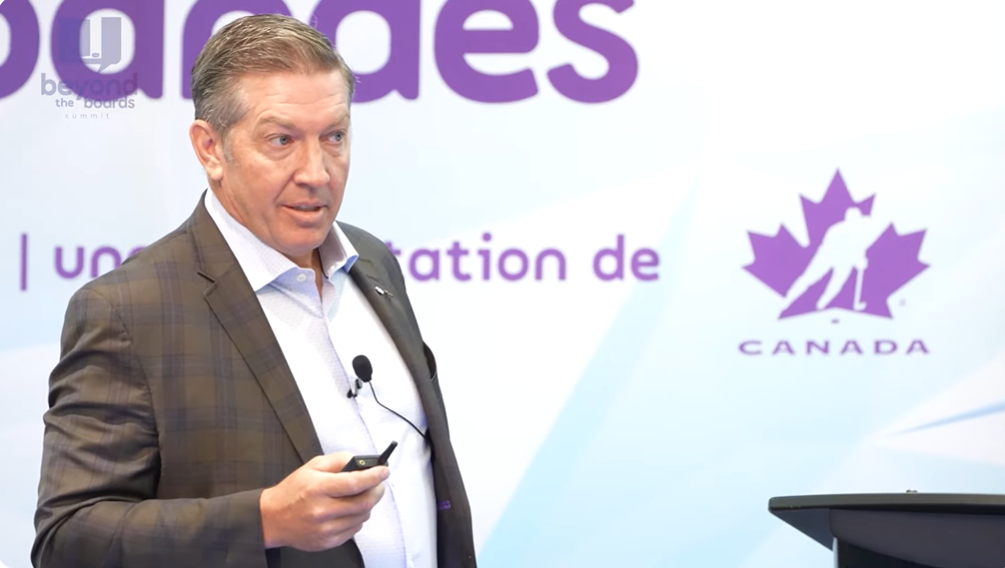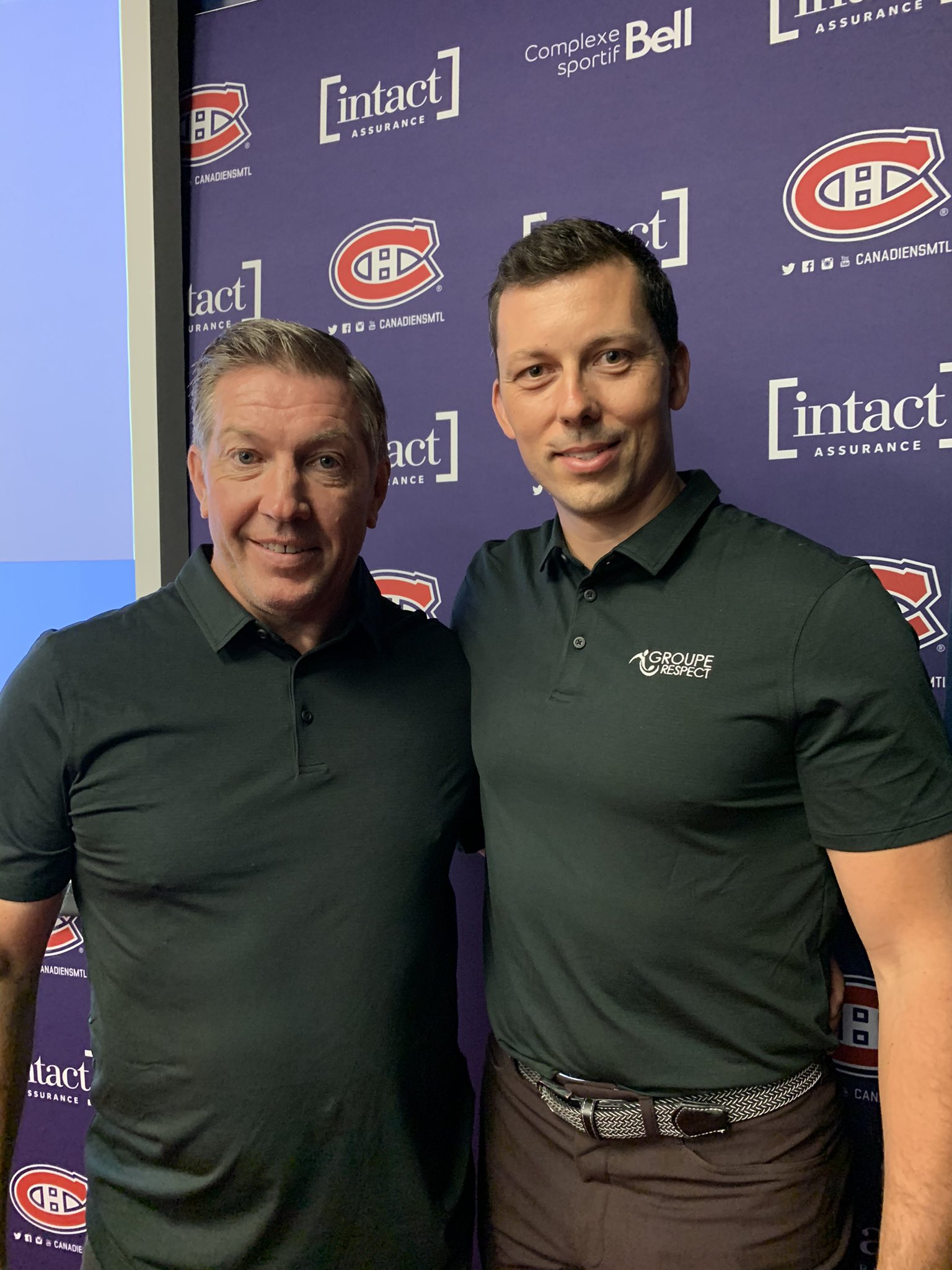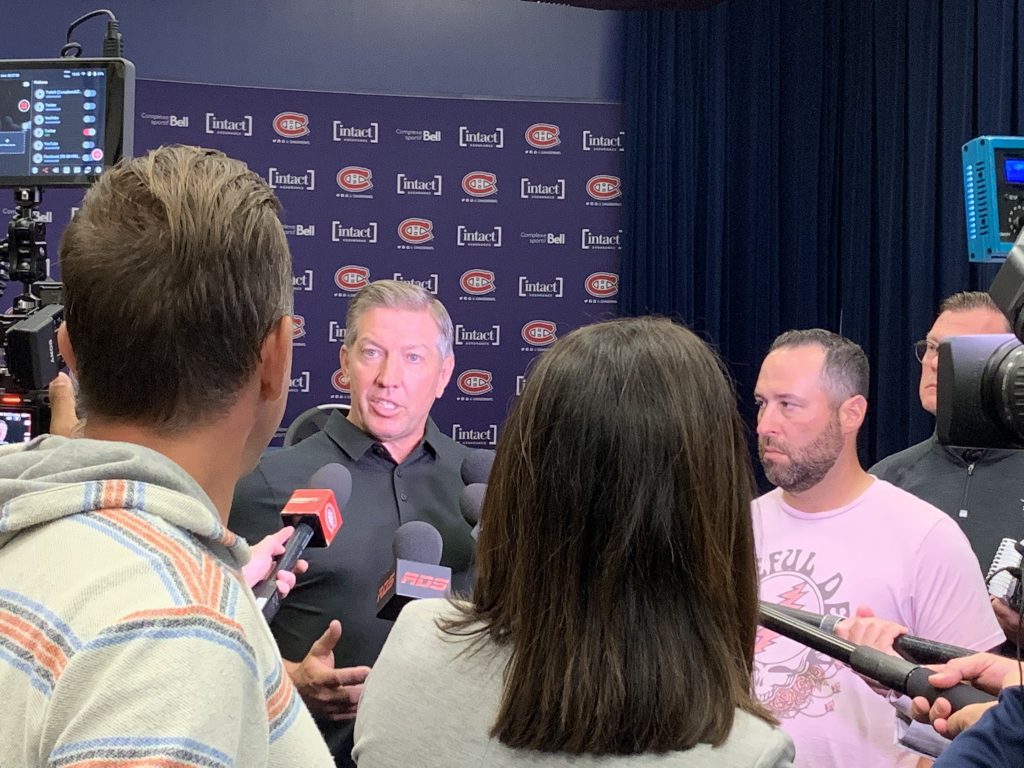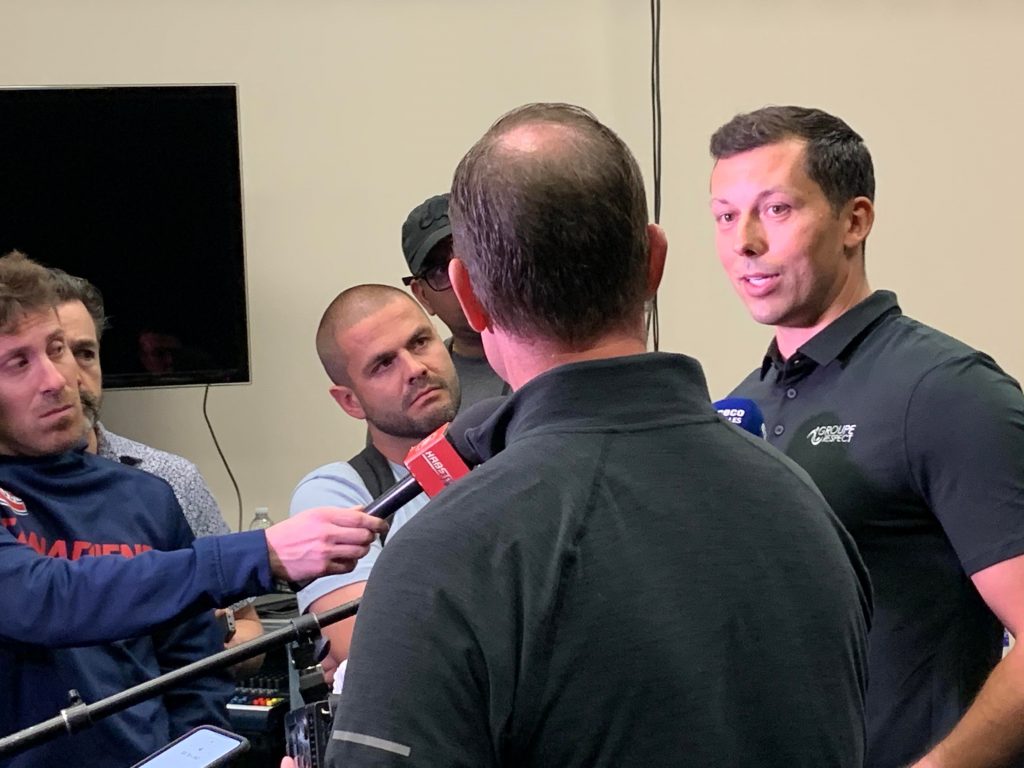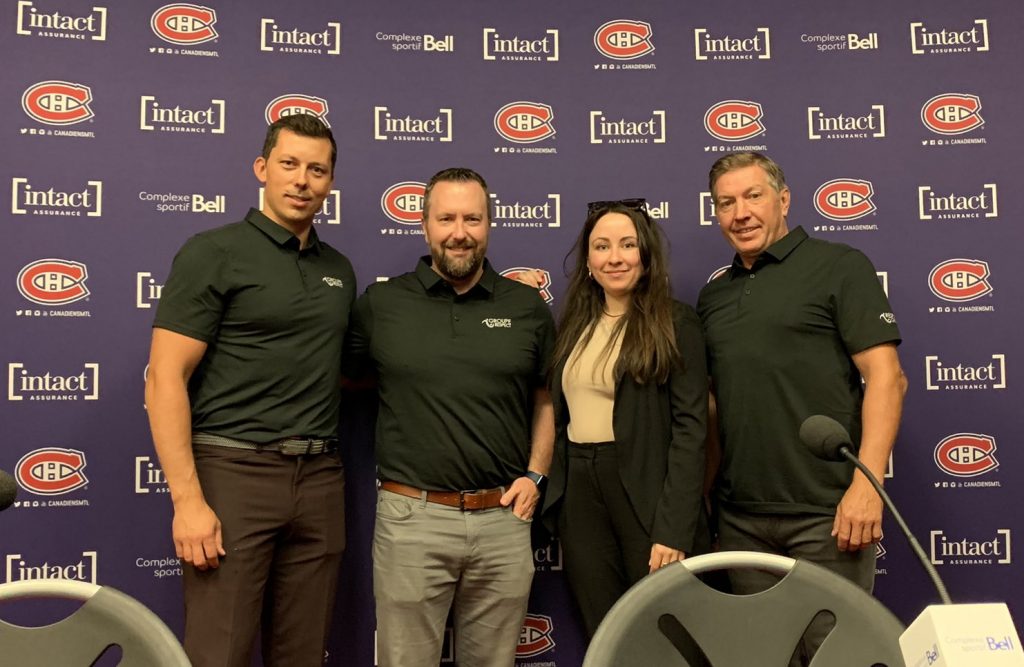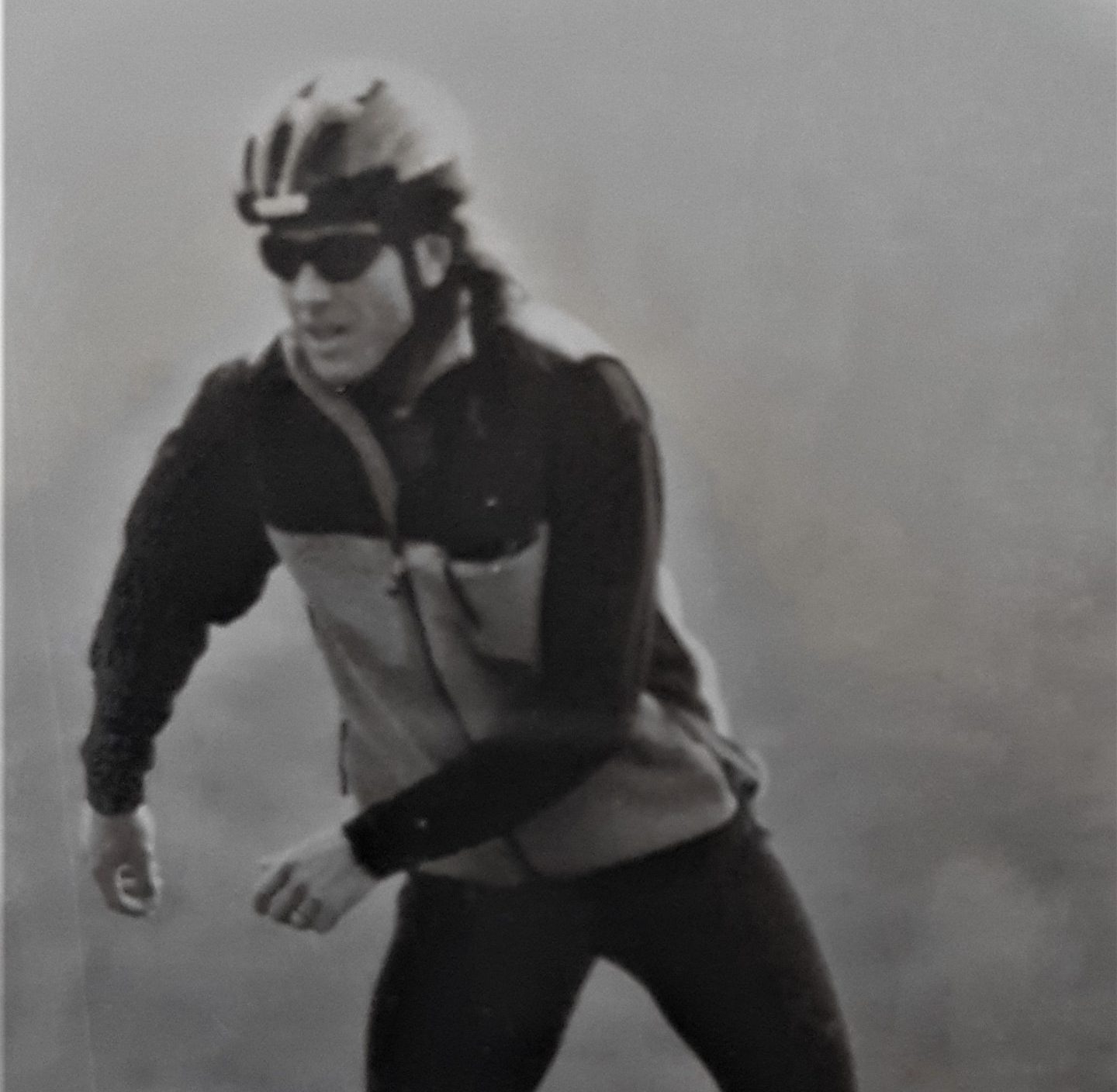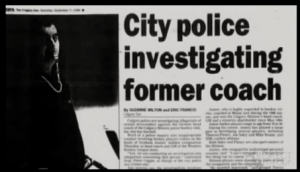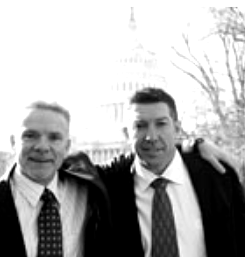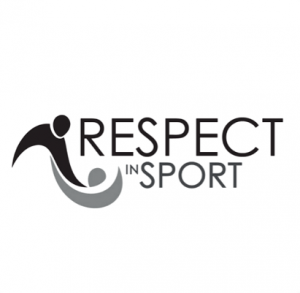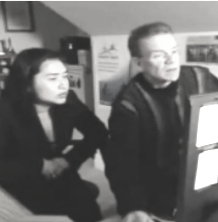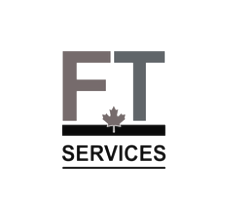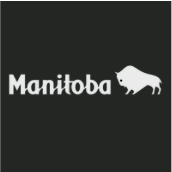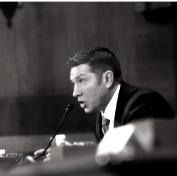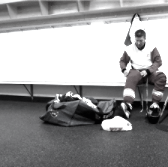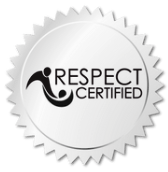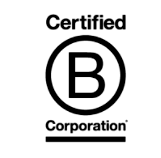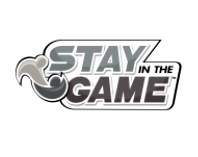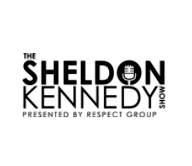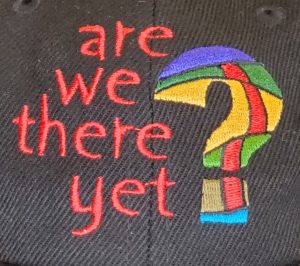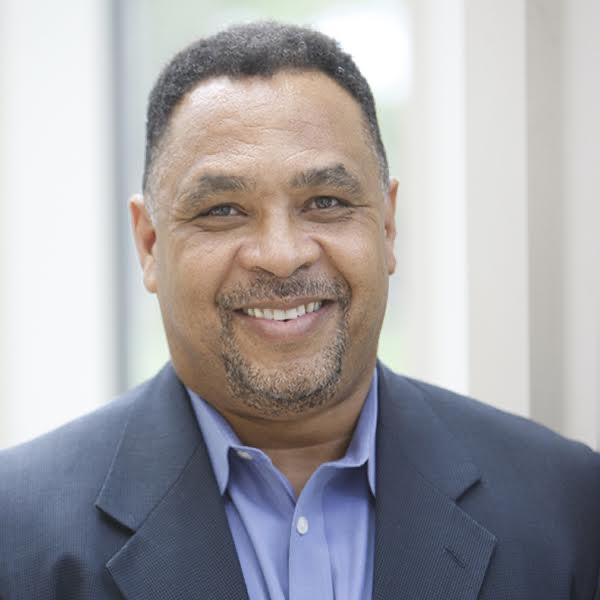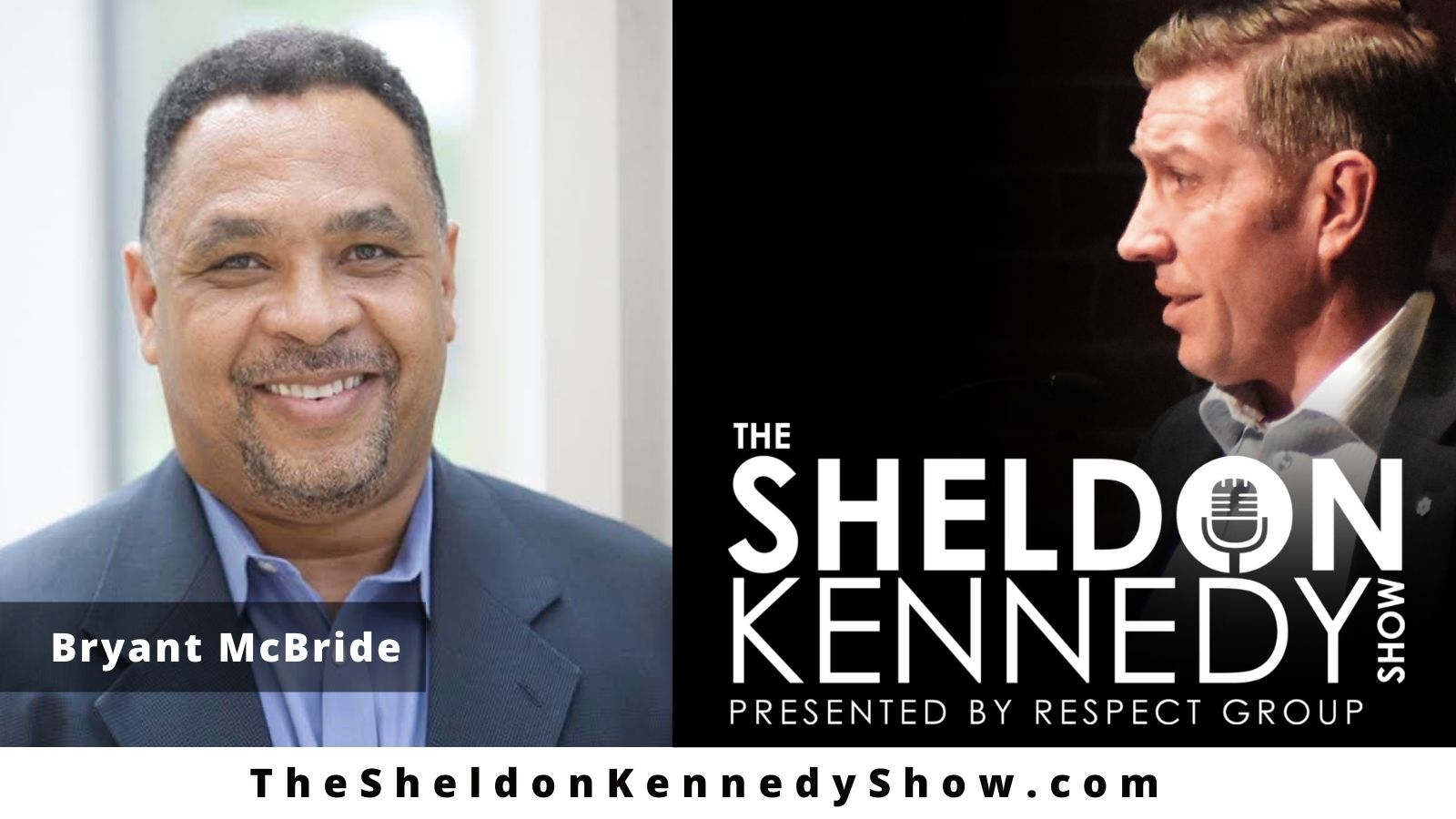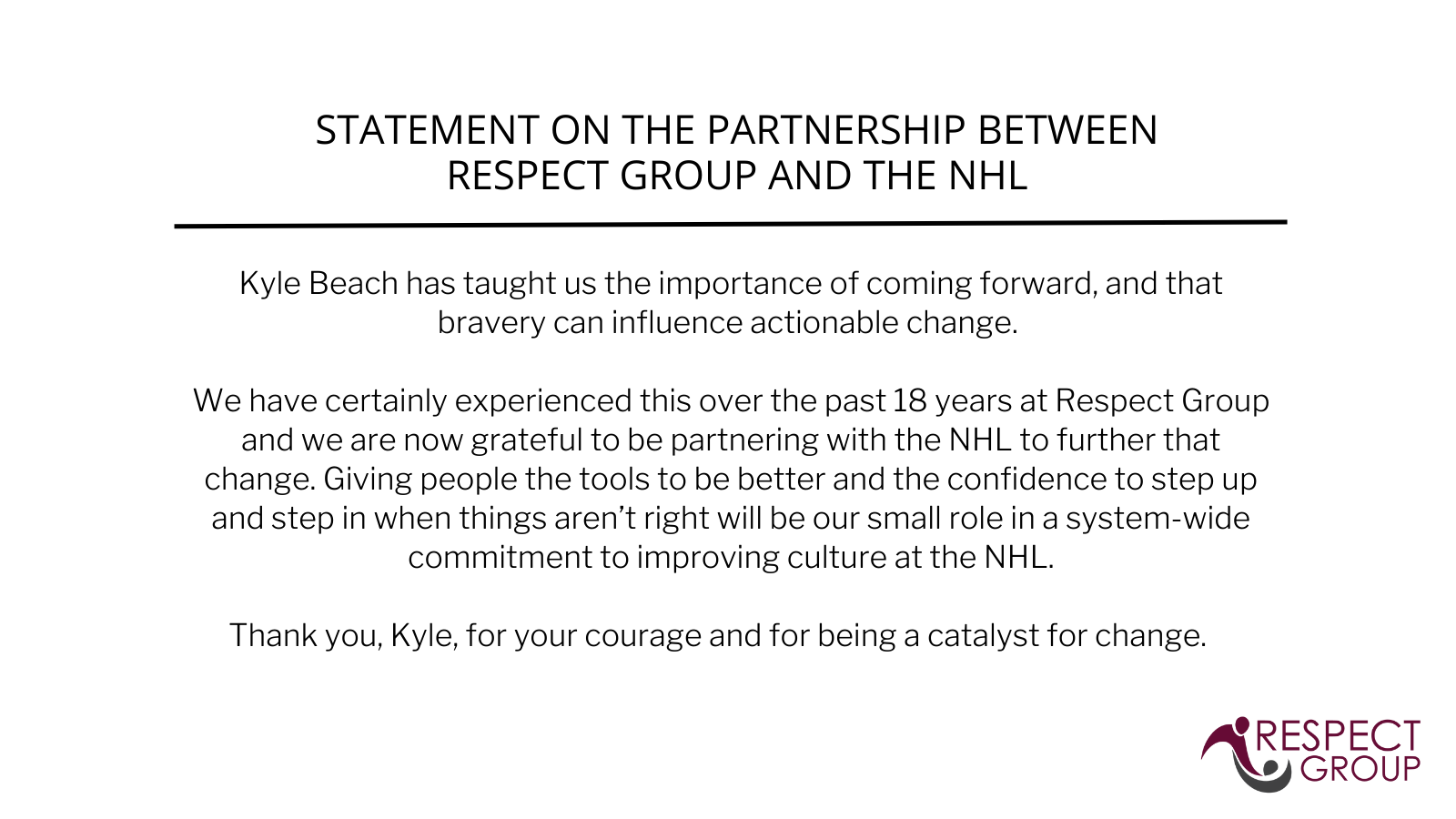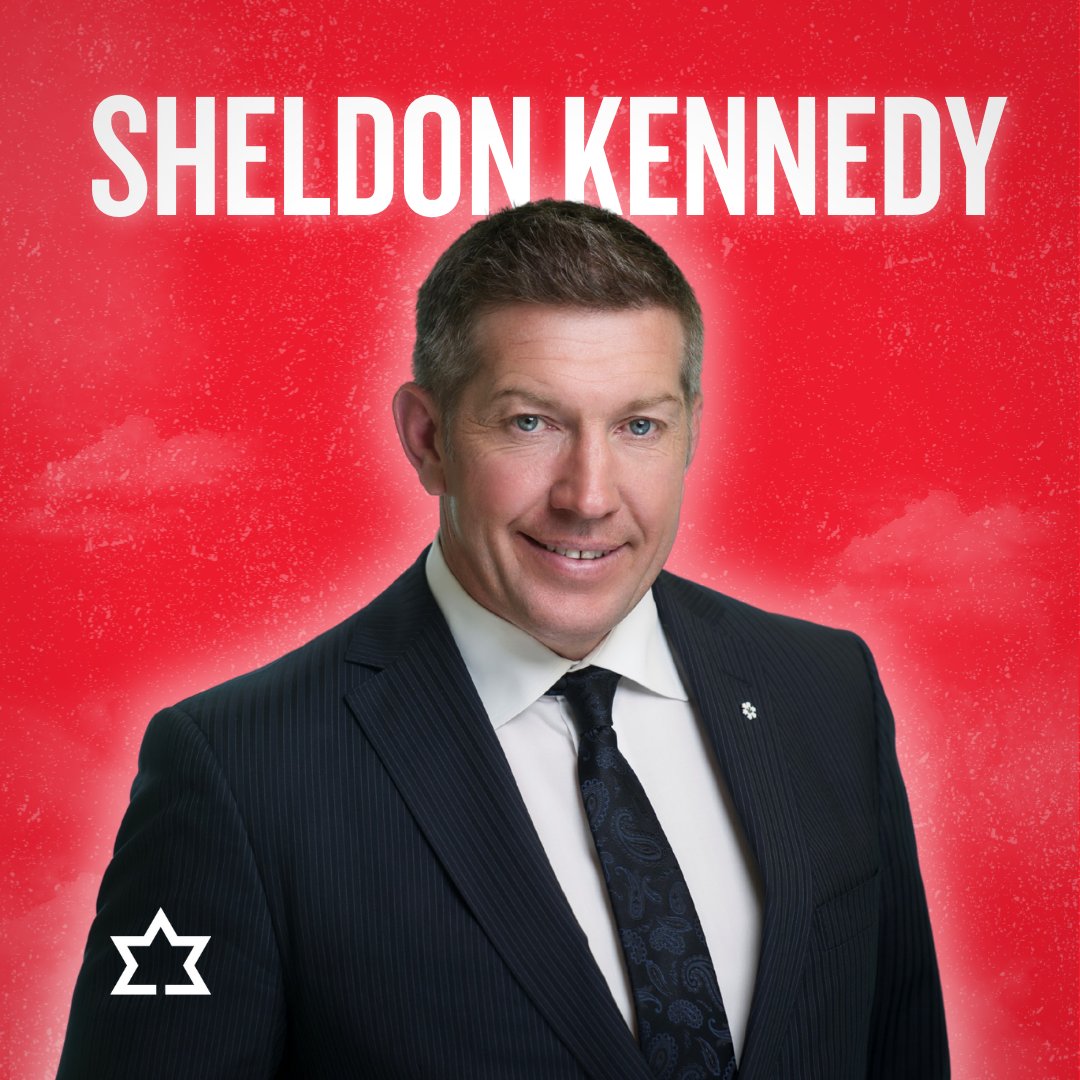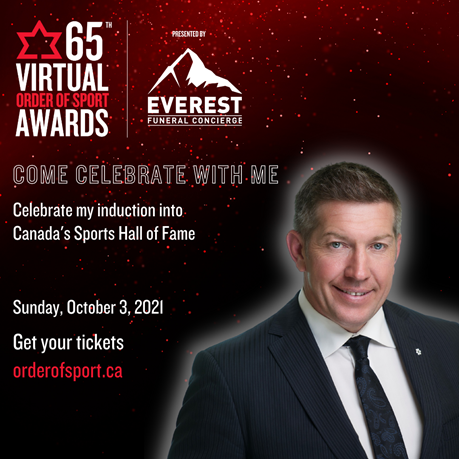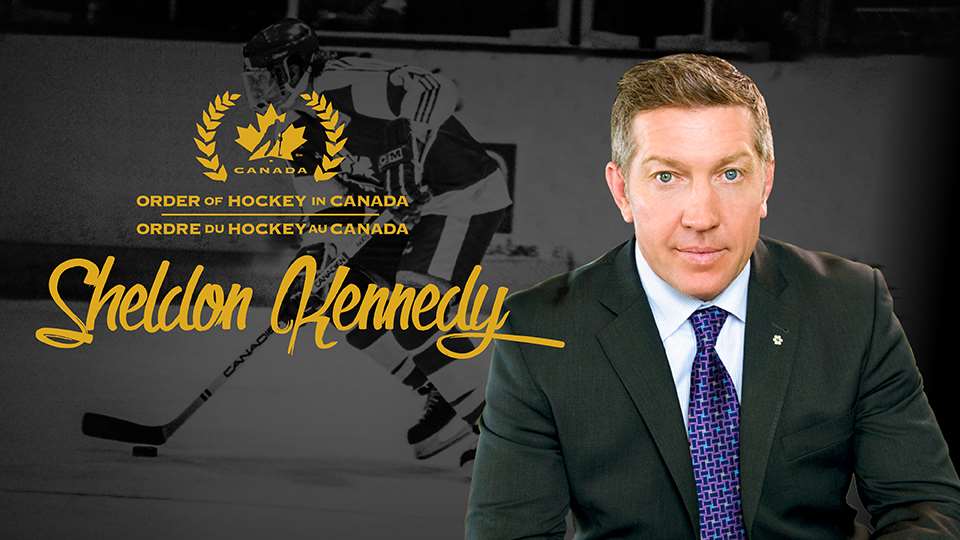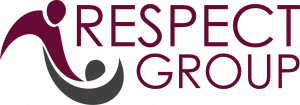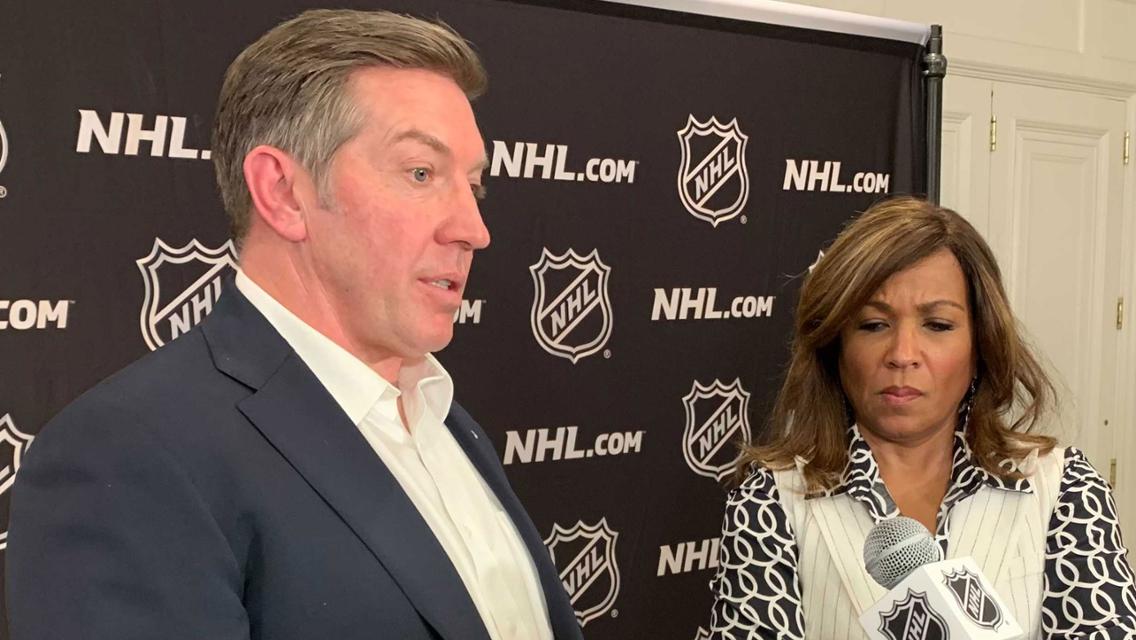
Former forward founded Respect Group, an organization that fights bullying, abuse, harassment and discrimination
by Nicholas J. Cotsonika @cotsonika / NHL.com Columnist / March 28, 2022
MANALAPAN, Fla. — The NHL general managers spent an hour of their meeting Monday listening to a panel discussion and participating in a Q&A session about the League’s efforts to make positive cultural changes in hockey.
Kim Davis, the NHL senior executive vice president of social impact, growth initiatives and legislative affairs, moderated the discussion. It included Sheldon Kennedy, the former NHL player who founded Respect Group, an organization that fights bullying, abuse, harassment and discrimination.
“One thing that I know is that there’s not a lack of wanting to be the best that they can be,” Kennedy said. “I think it’s going to be up to us to make sure that we can give them all the support and tools that they need to get there.”
Davis announced a four-phase plan at the NHL Board of Governors meeting here Dec. 9.
The first phase was prevention training. The NHL and Respect Group set out to create a 90-minute online training program.
“For me, the most important thing that has come out of this since December is everyone is eager to get it done,” Davis said.
“What’s important to us in this process is that this becomes embedded,” Davis said. “That’s the term we’ve been using — embedded in everything we do — which means that we want to get it right. If it means extending 30 days, we want to get this right. There’s excitement. The clubs are all on board.”
Davis said the first phase is important so that everyone understands the basic definitions of abuse, bullying, harassment and discrimination before starting deeper training.
Kennedy said the Respect Group does a survey before and after training, and one of the questions is whether the subjects have participated in or witnessed any of these behaviors. He said the numbers always double afterward.
“That tells me that a lot of people don’t know where the line is drawn,” Kennedy said. “And we’re not just talking here about the egregious, blatant abuses. We’re talking about a lot of the subtle issues that were present in any workplace. I want to make one thing clear: This isn’t just a hockey issue. It’s a societal issue.”
Kennedy said the Jets put more than 320 people through the program, and the feedback was phenomenal.
“The conversations that stemmed from that are important, and that’s what we want to accomplish,” Kennedy said. “We are not living in a fantasy to think that the digital program is a one-stop shop that’s going to save world hunger here. There’s more to it.
“This is the start, and to us, as we discussed in that room, this has to be embedded in everything that we do. And if we want to advance the culture with the game and teams and individuals, this is about practice, not perfection, but we’ve got to build a strategy within our organization to keep practicing to get better in this space.”
Davis compared the training to conditioning.
“Now you have a new way to activate these muscles, and it can’t be one and done,” Davis said. “It has to be something that you’re constantly working on. And that resonated. We had a lot of [nodding] in the room. It was a rich conversation, and I think that’s huge.”
Kennedy said there is a lot of fear when it comes to speaking about these issues, but the GMs were engaged.
“They were listening to their peers, and people were being honest,” Kennedy said. “And to me, that’s what needs to happen, and that’s how we’re going to get through this, and that’s how we’re going to get better, is being able to learn from one another, have the conversations, even though they’re difficult, and understand that this is critical for good business. This is about good business. And I think that that resonated.
“It was lively with questions. One of the things we said was, ‘You know, people usually leave something like that, they go, ‘Oh well, what can we do?’ Well, we’re doing it. Basically, we’re doing it, right? That’s what we’re doing.
“It was really good. I’ve got to tell you, I probably had a preconceived idea of what it might have [gone] like, but it was nothing like that at all. I was actually quite impressed with how open and honest conversations were actually happening in there.”
______________
More on this topic:
Kennedy pleased with panel discussions covering abuse and bullying
LeBrun: The Kyles clear the air, a discussion about playoff officiating and more from the NHL GMs meeting
Sheldon Kennedy addresses NHL general managers on safety, respect
